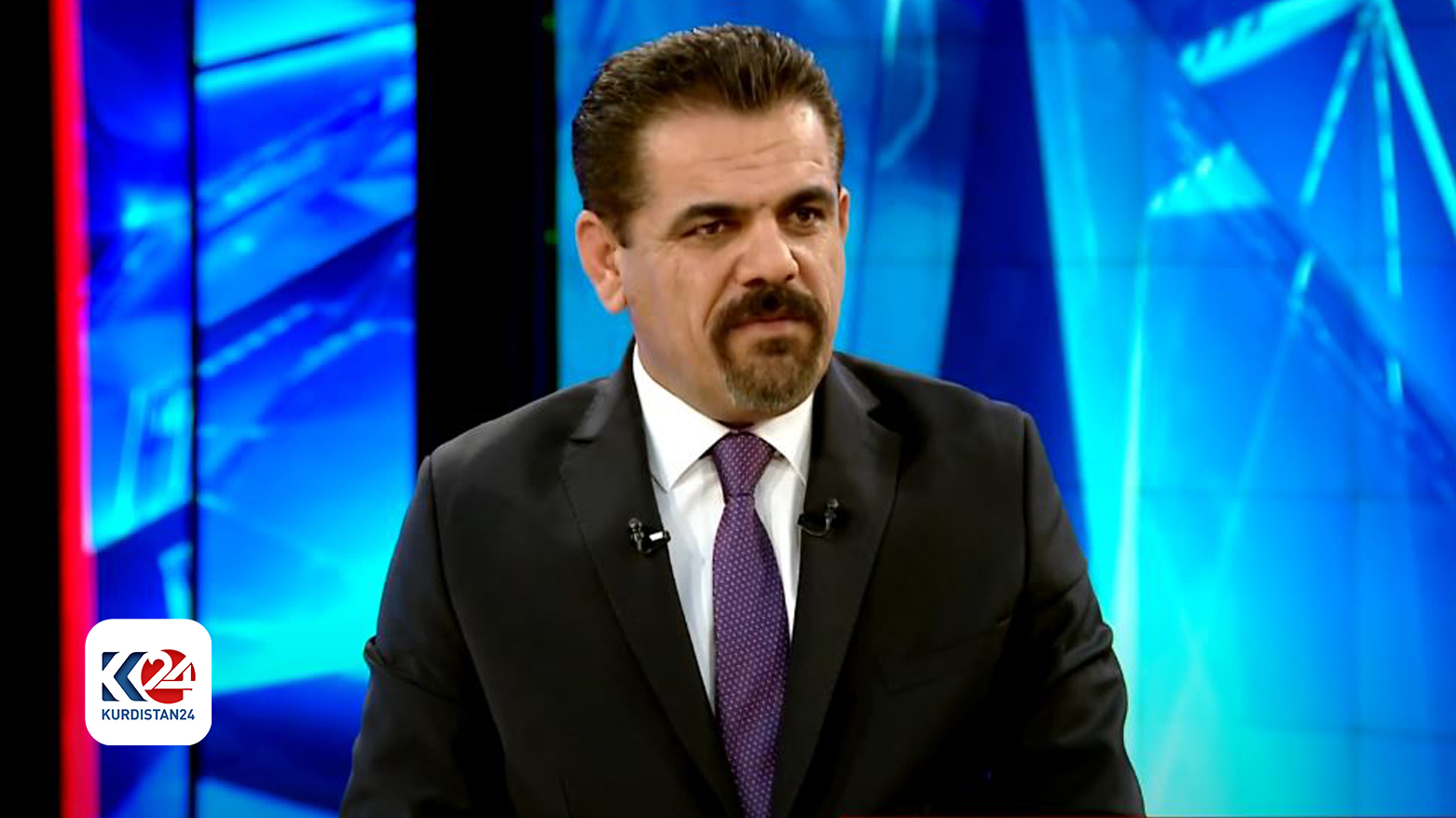Legal expert challenges constitutionality of Iraq's Federal Supreme Court

ERBIL (Kurdistan 24) – Ayad Kakeyi, a legal and constitutional law expert, speaking to Kurdistan24 on Thursday, stated that it is expected from the Federal Court to “analyze” laws and not “primarily approve and implement them."
“The Federal Court has not been able to find any resolutions for the differences between the political parties in Iraq; however, it has instead been able to become a source of conflict," said Ayad Kakeyi, a legal and constitutional expert.
He also extended his arguments as to call the Federal Court existence as being “unconstitutional."
Kakayi argued that the incessant opposition shown to the Kurdistan Region by the Federal Supreme Court could effectively “render the Kurdistan Parliament ineffective, just as it has with the Iraqi Parliament.”
He highlighted that the exact and ultimate aim of all the rulings by the Federal Supreme Court is merely an attempt to weaken the Kurdistan Region.
Kakayi pointed out that, "In most countries, federal courts receive minimal complaints, yet in 2023 alone, over 350 complaints were filed in Iraq's Federal Supreme Court; this, therefore, indicates that it functions more as a court of first instance than functioning as a legal body to analyze laws."
He remarked that such functioning of the court is a clear sign of deviation of the legal entity that is called the Federal Supreme Court from what is actually set up for, being an analytical body for laws.
"The existence of the Federal Court and its recent decisions could be deemed unconstitutional. Rather than settling disputes, it aggravates them," Kakeyi concluded.
It should also be underscored that the Article 92 of the Iraqi constitution does not include the Federal Supreme Court in the constitutional framework of the federal state since its establishment in 2005 by ministerial decree. Yet, the Federal Court is arbitrarily issuing rulings that are continuously opposing the federal status of the Kurdistan Region, diverse communities of Iraq and the very federalism enshrined within the constitution.
Meanwhile, the court's vague decisions on the remittance of financial entitlements to the Kurdistan Region’s civil servants have in fact complicated the relations between the Kurdistan Region and the Iraqi government, which in turn hindered budget allocation and salary disbursement.
